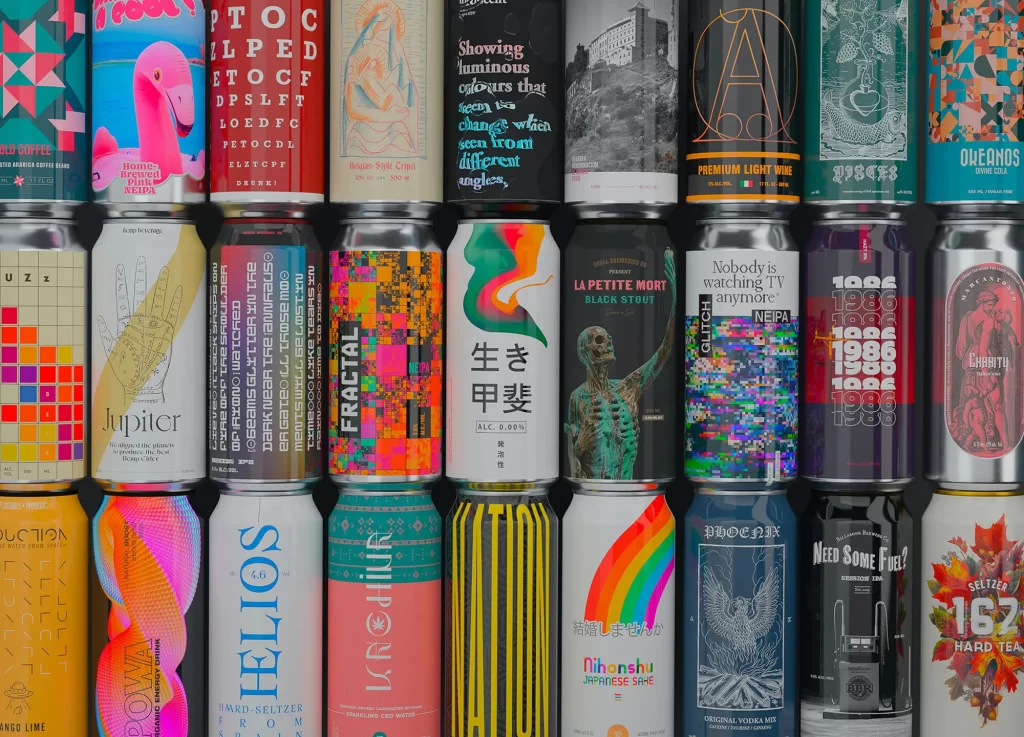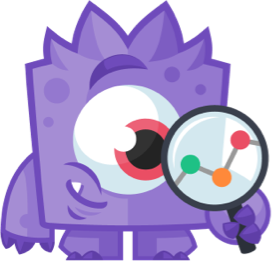In an era where technology evolves at breakneck speed, businesses are constantly seeking ways to enhance efficiency, optimize strategies, and improve customer experiences. Among the most significant advancements in recent years is the advent of Full Work Automation (FWA), coupled with artificial intelligence (AI) technologies that are reshaping social media marketing and customer journey mapping. This article explores the trends, solutions, applications, and insights of these innovations, shedding light on their implications for various industries.
.
**Understanding Full Work Automation**
Full Work Automation refers to the complete automation of business processes through the use of AI, machine learning, and robotic process automation (RPA). This approach aims to minimize human intervention in routine tasks, significantly reducing the potential for error and enhancing productivity. According to a recent report by McKinsey, approximately 60% of jobs could be automated by 2030, indicating a paradigm shift in the workforce as FWA becomes increasingly mainstream.
.
Companies across diverse sectors are leveraging FWA to streamline operations. For instance, banks are implementing automated systems for fraud detection and transaction processing, while retailers employ automation in inventory management and customer service. A striking example is Amazon, which has adopted FWA extensively in its logistics and supply chain management. By automating warehouse operations with robots, the company has significantly reduced delivery times and costs, setting a new industry standard for efficiency.
.
**AI’s Transformative Role in Social Media Marketing**
Social media marketing has seen dramatic transformation through AI technologies. Businesses are now utilizing AI to analyze vast amounts of data from social media platforms, enabling them to tailor their marketing strategies to meet the needs and preferences of their target audiences. According to a study by HubSpot, 63% of marketers believe that AI will have the most significant impact on their roles in the coming years.
.
AI algorithms can analyze user behavior, preferences, and trends to deliver personalized content, thereby enhancing customer engagement. Tools like ChatGPT and Copy.ai assist marketers in creating targeted advertisements and engaging social media posts, automating much of the creative process. Moreover, AI-driven analytics tools provide real-time insights into campaign performance, allowing marketers to adjust strategies on-the-fly for maximum effect.
.
For instance, Netflix utilizes AI for personalized recommendations based on user data, significantly increasing viewer retention and satisfaction. Brands like Coca-Cola and Nike have also adopted AI in their marketing strategies, analyzing social media interactions to gauge customer sentiment and refine their messaging.
.
**AI in Customer Journey Mapping**
In the realm of customer experience, AI plays a pivotal role in customer journey mapping. This process involves tracking and analyzing every interaction a customer has with a brand, from initial awareness through to the post-purchase experience. By utilizing AI technologies, businesses can gain valuable insights into consumer behavior, allowing them to fine-tune their marketing strategies to meet customer expectations more effectively.
.
AI-powered tools can capture data from various touchpoints, including social media interactions, email exchanges, website visits, and product usage, to create comprehensive customer profiles. This data enables organizations to identify pain points in the customer journey and optimize their engagement strategies accordingly. A report by Salesforce indicates that 74% of customers feel frustrated when website content is not personalized, emphasizing the necessity for businesses to adopt AI for personalized customer experiences.
.
Companies like HubSpot and Adobe have developed AI-centric platforms designed to assist brands in mapping customer journeys more effectively. These platforms leverage machine learning to predict customer behavior, identify trends, and help marketers develop tailored strategies. For example, Starbucks uses AI to personalize their customer interactions, analyzing purchase history and preferences to deliver targeted offers through their mobile app, enhancing customer loyalty.
.
**Industry Use Cases: A Deeper Dive**
Let’s explore some practical applications of Full Work Automation and AI in Social Media Marketing and Customer Journey Mapping across different industries.
1. **Retail Sector**: Retailers are increasingly adopting AI and automation to enhance customer service and streamline operations. Brands like Zara are employing automated inventory systems that analyze sales data to predict future trends, ensuring that stock levels align with customer demand. In social media marketing, tools like Hootsuite leverage AI to schedule posts at optimal times based on audience engagement patterns.
2. **Banking and Finance**: Financial institutions are utilizing FWA to enhance operational efficiency and customer service. Automated systems are deployed for tasks such as loan approvals and customer inquiries, allowing banks to provide faster service. Additionally, AI algorithms analyze client data to generate personalized marketing campaigns, keeping customers informed about relevant financial products.
3. **Healthcare**: In healthcare, AI is revolutionizing patient care through automated systems that manage patient records and scheduling. Furthermore, AI-driven analytics can predict patient treatment outcomes, allowing healthcare providers to tailor their services to individual needs. On the marketing front, hospitals are leveraging social media platforms to engage with patients and offer personalized health recommendations based on previous interactions.
4. **Travel and Hospitality**: Airlines and hotels are embracing FWA for streamlining bookings and enhancing customer experiences. Automated chatbots handle customer inquiries 24/7, assisting with flight changes or room bookings. In travel marketing, companies like Expedia employ AI to analyze customer data and preferences, providing tailored offers that enhance the likelihood of conversion.
.
**Challenges and Solutions in Implementation**
Despite the numerous benefits, the implementation of Full Work Automation and AI technologies is not without challenges. Organizations must navigate issues related to data privacy, cybersecurity concerns, and potential job displacement. Furthermore, the integration of these technologies requires a shift in corporate culture and employee training.
.
To address these challenges, businesses should focus on developing clear strategies for responsible AI deployment. This includes ensuring compliance with data protection regulations, prioritizing cybersecurity measures, and fostering a workplace culture that embraces technological advancement. Additionally, companies can invest in employee reskilling initiatives to prepare their workforce for the evolving landscape.
.
**Conclusion: Embracing the Future of Work**
In a world characterized by rapid technological advancement, the integration of Full Work Automation and AI in Social Media Marketing and Customer Journey Mapping presents vast opportunities for businesses to enhance efficiency and customer engagement. As these technologies continue to evolve, organizations that embrace and adapt to these trends will be better positioned to thrive in their respective industries. The future belongs to those who are willing to innovate, streamline operations, and forge deeper connections with their customers.
Sources:
– McKinsey (2021). “The Future of Work: Connecting Talent and Technology.”
– HubSpot (2022). “The State of AI in Marketing.”
– Salesforce (2023). “State of the Connected Customer.”
– Hootsuite (2021). “Social Media Trends.”
– Adobe (2023). “Customer Journey Mapping for the Modern Business.”
























